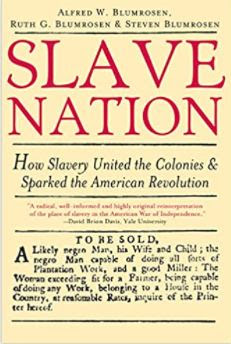During the height of the Cold War, passionate idealists across the US and Africa came together to fight for Black self-determination and the antiracist remaking of society. Beginning with the 1957 Ghanaian independence celebration, the optimism and challenges of African independence leaders were publicized to African Americans through community-based newspapers and Historically Black Colleges and Universities. Inspired by African independence―and frustrated with the slow pace of civil rights reforms in the US―a new generation of Black Power activists embarked on nonviolent direct action campaigns and built alternative institutions designed as spaces of freedom from racial subjugation.
Featuring interviews with activists, extensive archival research, and media analysis, Robin Hayes reveals how Black Power and African independence activists created a diaspora underground, characterized by collaboration and reciprocal empowerment. Together, they redefined racial discrimination as an international human rights issue requiring education, sustained collective action, and global solidarity―laying the groundwork for future transnational racial justice movements, such as Black Lives Matter.
Love for Liberation: African Independence, Black Power, and a Diaspora Underground
by Robin J. Hayes
University of Washington Press
ISBN: 978-0295749075







